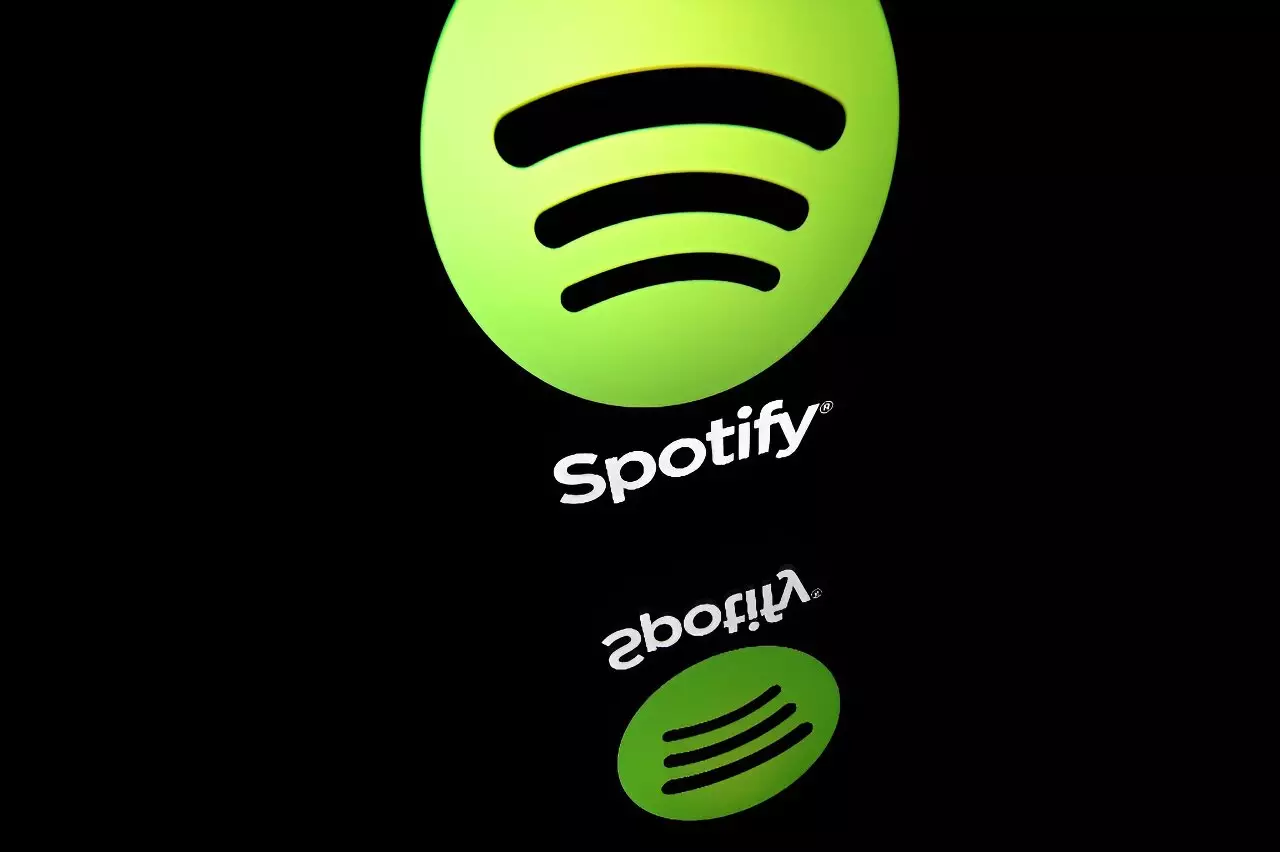Spotify, the popular music streaming platform, is facing a legal battle in the US federal court over allegations of underpaying songwriters, composers, and publishers. The lawsuit, filed by the Mechanical Licensing Collective (MLC), claims that Spotify reclassified its paid subscription services without notice, resulting in a significant reduction in royalty payments to MLC. This move by Spotify has raised concerns about the financial impact on songwriters and music publishers, with MLC highlighting the potential loss of tens of millions of dollars for those affected.
According to MLC, Spotify made changes to its Premium Individual, Duo, and Family streaming plans by categorizing them as Bundled Subscription Offerings due to the inclusion of audiobooks. This reclassification has led to a decrease in royalties paid, as bundled services typically receive lower payments. MLC argues that Premium subscribers already had access to audiobooks, and the addition of this feature should not result in reduced payments to songwriters and publishers. The lawsuit brings attention to Spotify’s decision to alter its subscription plans and the potential negative impact on royalty earnings for music creators.
In response to the lawsuit, Spotify defended its actions by stating that the reclassification of subscription plans was agreed upon by publishers and streaming services years ago. The company emphasized that it paid a “record amount” in royalties last year and is projected to pay even more in the coming years. Spotify expressed its commitment to resolving the matter swiftly and maintaining its positive relationship with music creators and publishers. However, the discrepancy in payments and the impact on independent artists remain a point of contention in the ongoing legal battle.
The lawsuit against Spotify sheds light on the complex relationship between music streaming platforms and music creators. The allegations of underpayment highlight the financial challenges faced by songwriters, composers, and publishers in the digital music landscape. The outcome of this legal battle could have far-reaching implications for the music industry as a whole, affecting how royalties are calculated and distributed among various stakeholders. As the case unfolds, the spotlight remains on Spotify’s role in supporting fair compensation for artists and ensuring transparency in its payment practices.


Leave a Reply
You must be logged in to post a comment.